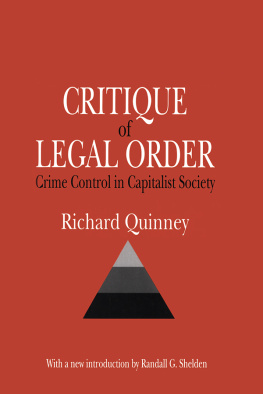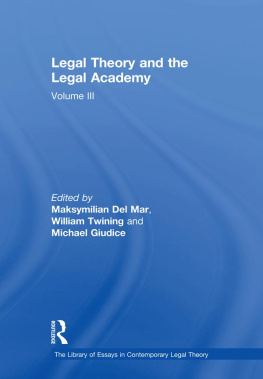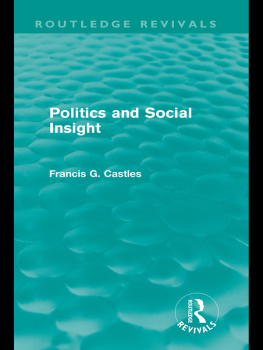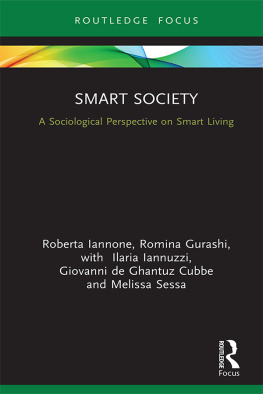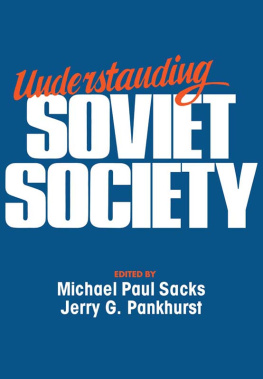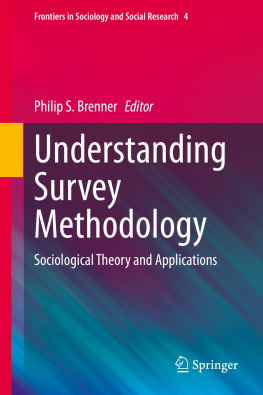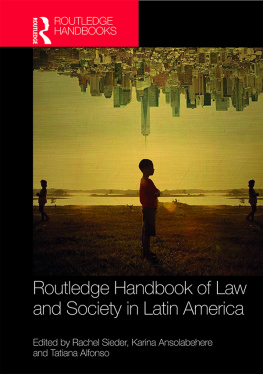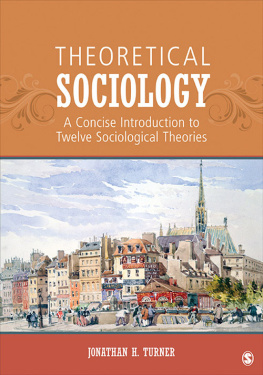Contents
Dedication
(p.v) For folijit and Kats (p.vi)
(p.iv) 
- Great Clarendon Street, Oxford OX2 6DP
- Oxford University Press is a department of the University of Oxford.
- It furthers the Universitys objective of excellence in research, scholarship,
- and education by publishing worldwide in
- AucklandCape TownDar es SalaamHong KongKarachi
- Kuala LumpurMadridMelbourneMexico CityNairobi
- New DelhiShanghaiTaipeiToronto
- With offices in
- ArgentinaAustriaBrazilChileCzech RepublicFranceGreece
- GuatemalaHungaryItalyJapanPolandPortugalSingapore
- South KoreaSwitzerlandThailandTurkeyUkraineVietnam
- Oxford is a registered trade mark of Oxford University Press
- in the UK and in certain other countries
- Published in the United States
- by Oxford University Press Inc., New York
- The moral rights of the author have been asserted
- Database right Oxford University Press (maker)
- Reprinted 2006
- All rights reserved. No part of this publication may be reproduced, stored in a retrieval system, or transmitted, in any form or by any means, without the prior permission in writing of Oxford University Press, or as expressly permitted by law, or under terms agreed with the appropriate reprographics rights organization. Enquiries concerning reproduction outside the scope of the above should be sent to the Rights Department, Oxford University Press, at the address above
- You must not circulate this book in. any other binding or cover And you must impose this same condition on any acquirer
Title Pages
(p.i) Oxford Socio-Legal Studies
OXFORD SOCIO-LEGAL STUDIES
A GENERAL JURISPRUDENCE OF LAW AND SOCIETY
General Editor: Keith Hawkins, Reader in Law and Society, and Fellow and Tutor in Law of Oriel College, Oxford.
Editorial Board: John Baldwin. Director of the Institute of Judicial Administration. University of Birmingham: William L. F. Felstiner, Professor. Law and Society Program. University of California-Santa Barbara: Denis Galligan, Professor of Socio-Legal Studies and Director of the Centre for Socio-Legal Studies, Oxford: Sally Lloyd-Bostock, Reader in Socio-Legal Studies. University of Birmingham; Doreen McBarnet, Senior Research Fellow. Centre for Socio-Legal Studies. Oxford; Simon Roberts. Professor of Law. London School of Economics and Political Science.
International Advisory Board: John Braithwaite (Australian National University); Robert Cooler (University of California-Berkeley); Bryant Garth (American Bar Foundation); Volkmar Gessner (University of Bremen); Vittorio Olgiati (University of Milan); Martin Partington (University of Bristol).
Oxford Socio-Legal Studies is a series of books exploring the role of law in society for both an academic and a wider readership. The series publishes theoretical and empirically-informed work, from the United Kingdom and elsewhere, by social scientists and lawyers which advances understanding of the social reality of law and legal processes.

(p.vii)
General Editors Introduction
Brian Tamanahas book challenges some widely-held assumptions about the relationship between law and society. It builds on his earlier work Realistic Socio-Legal Theory to explore and take issue with central organizing ideas in contemporary scholarship. It challenges what the author calls the mirror thesis, that is, the view of law as a reflection of society. It takes on the assumption that law has an ordering function: that law maintains order by establishing and enforcing rules, and by resolving disputes. It questions the idea, one which has long had a strong hold on our thinking, that law reflects the customs and morality of society and in doing so maintains social order.
Professor Tamanaha breaks away from this orthodox view, which he regards as based on a mistaken assumption about the nature of law in Western societies. This view is not simply inaccurate with respect to Western legal systems, he argues, it also fails to address the implications of globalization, on the one hand, and the spread of local legal forms, on the other. His task is to produce a general theoretical framework which can embrace this complexity. In starting this project, Brian Tamanaha draws not only from legal theory, but also from social and political theory, sociology, and anthropology.
This is a bold and ambitious book. To some it will seem controversial and provocative. But there is no denying its importance, for it speaks to some of the fundamental questions in socio-legal studies.
Keith Hawkins (p.viii)
(p.xi)
Preface
Despite the theoretical nature of this work, my motivations for attempting to construct a general jurisprudence are far from theoreticalthey derive from my experience working as a lawyer in Micronesia. Law in Micronesia was remarkably unlike what I had learned law was, and should be, in the course of my legal training. I was taughtlegal theory instructs usthat law is a mirror of society that functions to maintain social order. In this standard understanding, the norms of law are derived from and reflect the customs and morality of society. The problem with these theories is that they emphatically made no sense as an explanation or description of law in Micronesia. Micronesian law was transplanted in its entirety from the United States; even the majority of the legal actors, like myself, were American expatriates.
Their customs and values could hardly have been more different from the legal system and its norms. To cite a few examples, from Yap in particular: they had a thriving caste system, yet the law prohibited discrimination; their culture was consensual in orientation, but the law was based upon the adversary model; their understanding of criminal offences required a response by the community itself (literally), but the state insisted that it has a monopoly on the application of force, and any community reaction is illegal vigilantism; property ownership was a complex mixture of possession rights, use rights, consultation over use and possession, and community ownership simultaneous with chief ownership, whereas the property system and the mortgage laws were based upon common law notions of fee simple, life estate, and remainders; their political system was democratic, but for most elections candidates stood unopposed because the approval of traditional leaders was de facto required of anyone who wished to run; the law was written in English legal language, while many people had a rudimentary command of English, and others could not speak it at all (never mind the far more complex and inaccessible legal language); court decisions were filled with arguments based upon US common law and constitutional analysis which simply had no parallel or grounding in Micronesian society; many people were ignorant of the law, and feared or avoided it; state law was a marginal force in the maintenance of social order (see government, occasionally intruding into their social lives in various unwelcome ways.


